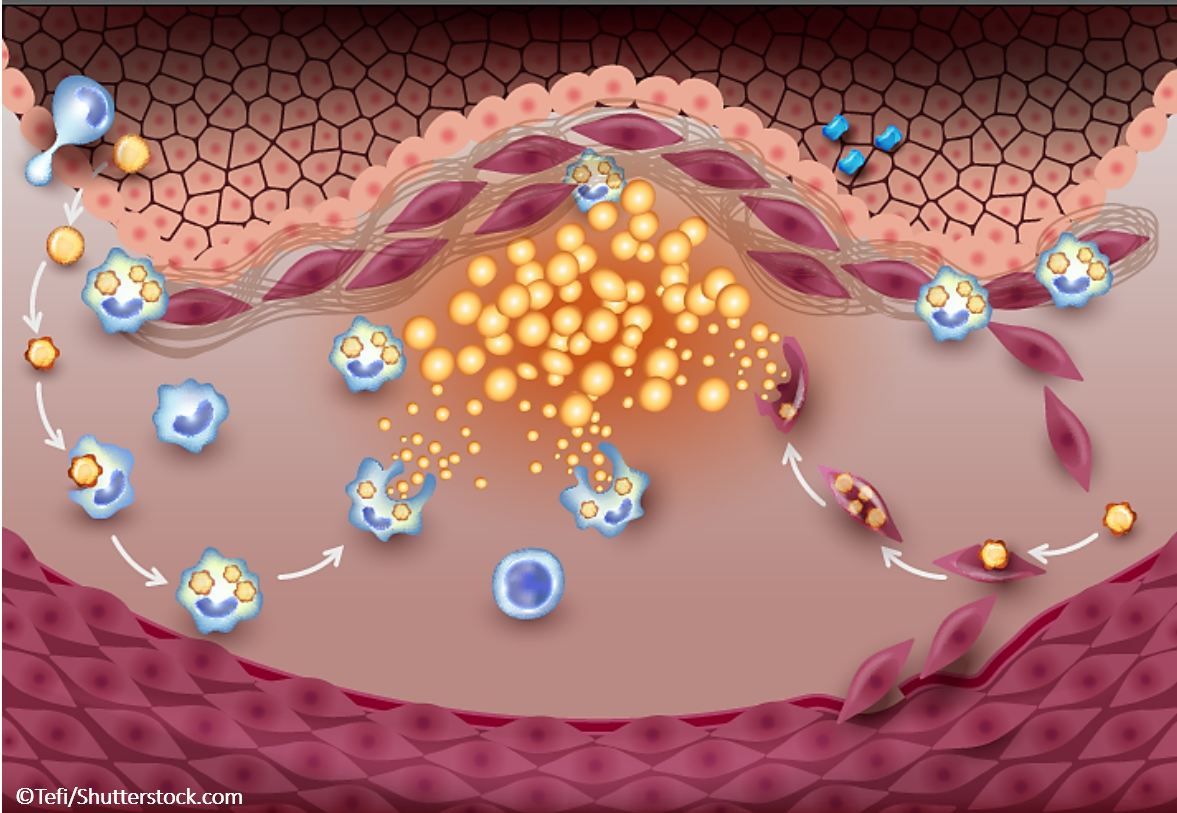- Clinical Technology
- Adult Immunization
- Hepatology
- Pediatric Immunization
- Screening
- Psychiatry
- Allergy
- Women's Health
- Cardiology
- Pediatrics
- Dermatology
- Endocrinology
- Pain Management
- Gastroenterology
- Infectious Disease
- Obesity Medicine
- Rheumatology
- Nephrology
- Neurology
- Pulmonology
Cholesterol Management 101: Do You Know the Numbers?
To manage cholesterol in your patients, it still helps to know your numbers, new guidelines notwithstanding. Here, 8 simple questions that take you back to basics.
©Tefi/Shutterstock.com

How well do you know the nuts and bolts of cholesterol management?
We constructed the following quiz based on information available on the Web sites of the National Heart, Lung, and Blood Institute, the American Heart Association, and MedlinePlus. Sounds like it should be simple, doesn't it? Do you know at what level (mg/dL) HDL becomes considered cardioprotective? That question, its answer, and 7 more like it follow here.
Please click below for answer and next question.
Answer: B. HDL and triglycerides (the 2 lipoproteins directly measured in standard lipid panels)
Please click below for answer and next question.
Answer: B. 130-159 mg/dL (the range within which LDL is considered borderline-high)
Please click below for answer and next question.
Answer: D. Age 20 years (age at which it is recommended that adults begin to have lipoprotein panels taken every 5 years)
Please click below for answer and next question.
Answer: C. 60 mg/dL (level at which HDL begins to be considered cardioprotective)
Please click below for answer and next question.
Answer: A. > 7% of calories from saturated fat and > 200mg of dietary cholesterol (daily recommendations set by the NIH/NHLBI TLC program)
Please click below for answer and next question.
Answer: D. Heart disease, diabetes, or a risk score > 20% (Category 1 - highest risk as designated by the TLC program)
Please click below for answer and next question.
Answer: C. A composite of HDL + LDL + 20% TGL (The AHA definition of total cholesterol value)
Please click below for answer.
Answer: B. 50% (amount by which high-intensity statin therapy lowers LDL)
References:
-- Cholesterol Levels: What you need to know. NIH MedlinePlus the magazine Website.
https://medlineplus.gov/magazine/issues/summer12/articles/summer12pg6-7.html. Accessed May 2, 2018
-- US Department of Health and Human Services, National Heart, Lung, and Blood Institute. Management of Blood Cholesterol in Adults: Systematic Evidence Review from the Cholesterol Expert Panel, 2013. NHLBI Website. https://www.nhlbi.nih.gov/health-topics/management-blood-cholesterol-in-adults Accessed May 2, 2018.
-- American Heart Association. What your cholesterol levels mean. American Heart Association Website. http://www.heart.org/HEARTORG/Conditions/Cholesterol/AboutCholesterol/What-Your-Cholesterol-Levels-Mean_UCM_305562_Article.jsp#.WuoSzH8h0kJ. Accessed May 2, 2018.
Oral PCSK9 Inhibitor Enlicitide Meets All End Points in Phase 3 Hypercholesterolemia Trial
September 2nd 2025At week 24, patients receiving once-daily enlicitide demonstrated statistically significant and clinically meaningful reductions in low-density lipoprotein cholesterol compared with placebo.
